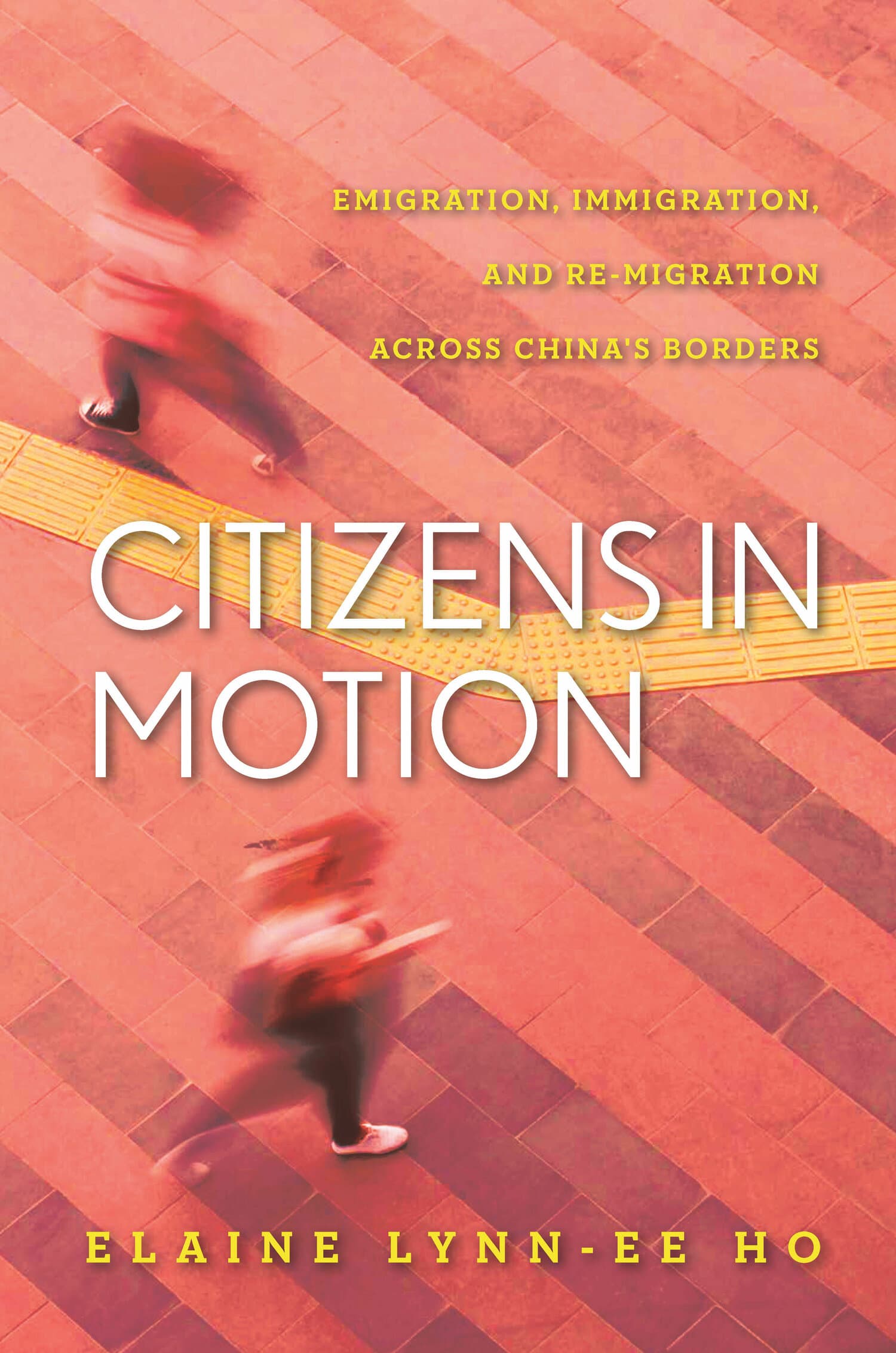Manipulating Authoritarian Citizenship
Also Available from

The redistribution of political and economic rights is inherently unequal in autocratic societies. Autocrats routinely divide their populations into included and excluded groups, creating particularistic citizenship through granting some groups access to rights and redistribution while restricting or denying access to others. This book asks: why would a government with powerful tools of exclusion expand access to socioeconomic citizenship rights? And when autocratic systems expand redistribution, whom do they choose to include?
In Manipulating Authoritarian Citizenship, Samantha A. Vortherms examines the crucial case of China—where internal citizenship regimes control who can and cannot become a local citizen through the household registration system (hukou)—and uncovers how autocrats use such institutions to create particularistic membership in citizenship. Vortherms shows how local governments explicitly manipulate local citizenship membership not only to ensure political security and stability, but also, crucially, to advance economic development. Vortherms demonstrates how autocrats use differentiated citizenship to control degrees of access to rights and thus fulfill the authoritarian bargain and balance security and economic incentives. This book expands our understanding of individual-state relations in both autocratic contexts and across a variety of regime types.
—Dorothy J. Solinger, author of Contesting Citizenship in Urban China: Peasant Migrants, the State, and the Logic of the Market
"This book is an important contribution toward updating our understanding of the hukou system. By analyzing this stratified system of citizenship, Vortherms shows how the Chinese people are organized and offers a valuable way to see the strengths, costs, and weaknesses of the PRC way of governance."
—Fei-Ling Wang, author of The China Race: Global Competition for Alternative World Orders
"The concept of citizenship is core to politics, but while this is treated as obvious in democracies, it can be overlooked in non-democratic settings. Vortherms' careful, multi-layered analysis of varieties of citizenship in China and institutions like the hukou system that structure them, makes this work important."
—Jeremy Lee Wallace, author of Cities and Stability: Urbanization, Redistribution, and Regime Survival in China
"This excellent book provides invaluable insights into local governance, resource management, internal migration, regional gaps, and other key sociopolitical issues in China today. Highly recommended."—Z. Zhu, CHOICE




